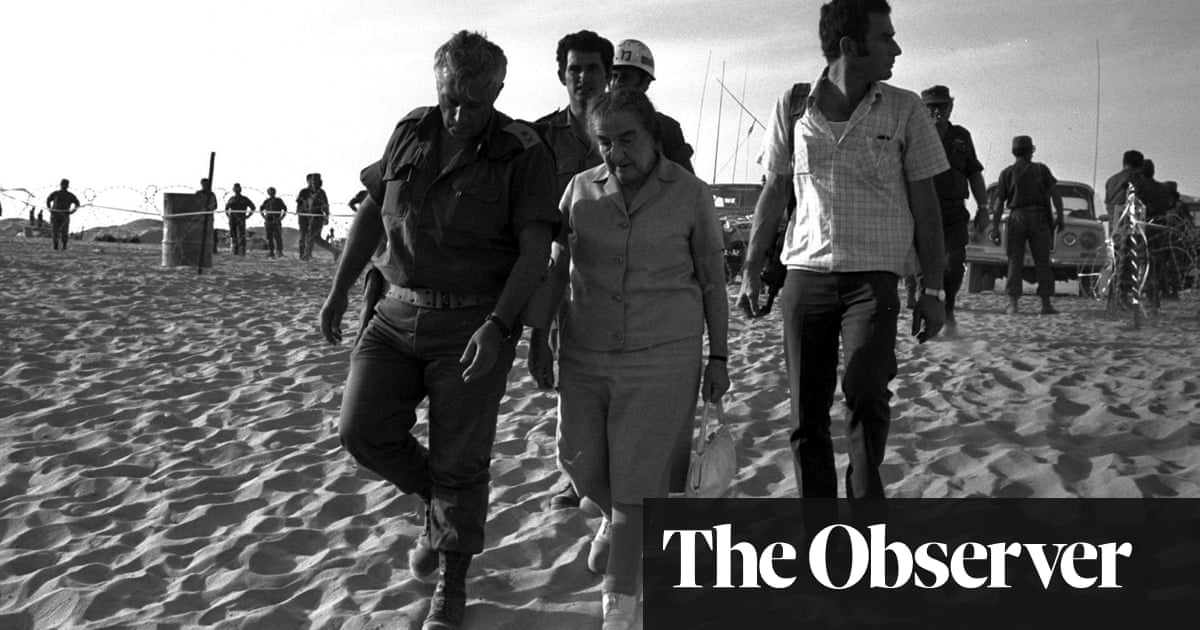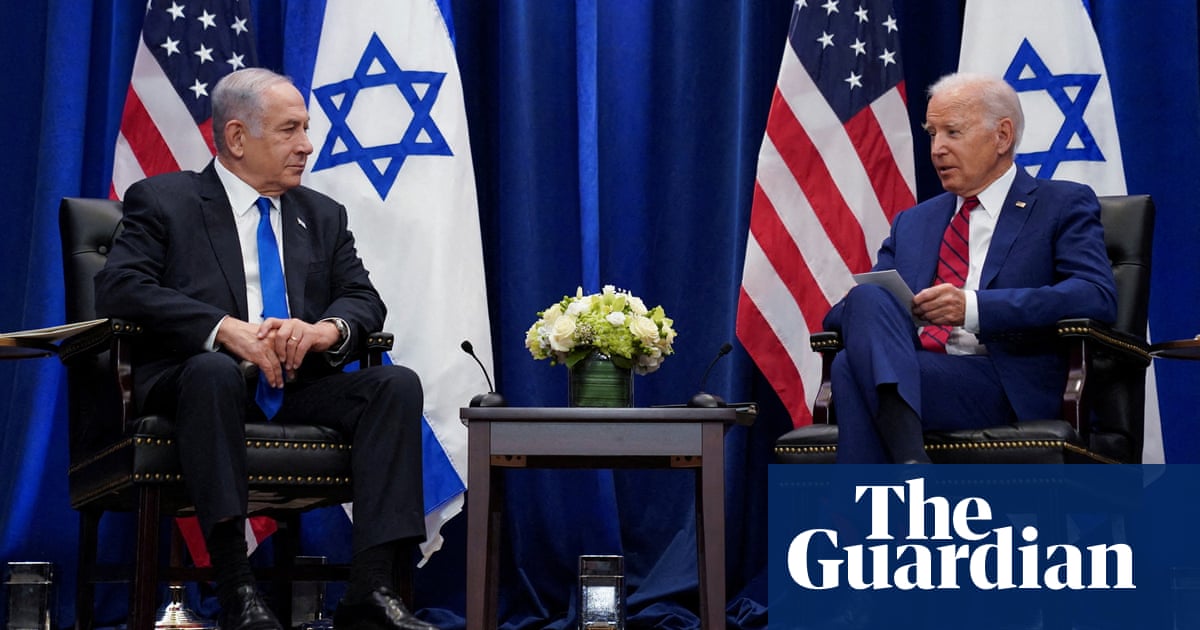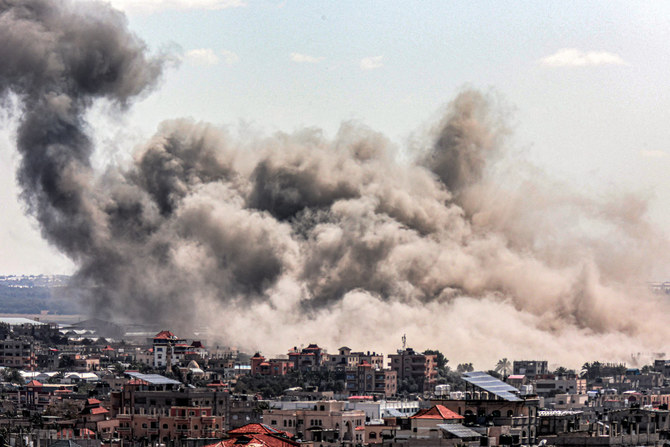
Former Chinese leader Mao Zedong had a saying that “as long as the world is in chaos, we are in a great state of affairs.”
The Middle East (and the Arab world specifically) is suffering from constant struggle. Since the 1950s and 1960s, the area has seen war or conflict about every 10 years, to the extent that some political writers have called these events “the decade wars.” This is why many nations in the region are asking: Why is peace and stability so late in coming to our area? And why do conflict, chaos, upheaval, and political brutality continue to plague this part of the world?
Some thinkers and politicians from the region believe the major powers of the world are inflicting continuous tension and struggle on the region so that there is an ever-increasing need for these powers to be present. They see the region as harboring conflicting interests for world powers, as well as conflicting political and economic ideologies, whether international or regional. They further say the region is paying the price of the world powers’ new Cold War, in particular with the recent resurgence of Russia and the regression of the American role in the region during the reign of former president Barack Obama.
There is an ever-increasing feeling among Middle East nations that the major powers are dithering over finding a solution to the conflicts currently raging in the region, and are actively trying to maintain the status quo. Also the solutions provided by these powers, or the representatives of international organizations, are nothing more than temporary solutions that do not help in disarming extremist groups and factions such as Hezbollah in Lebanon and the Houthis in Yemen.
Some local thinkers, analysts and politicians, when considering the reasons behind the conflicts, incline toward linking them to political blackmail: As, without conflict, there would be no need for foreign military bases and, without political violence and conflict between armed organizations, there would be no arms sales or even an arms race.
On the issue of foreign intervention, Chinese leader Deng Xiaoping said eight nations “are frequently transgressing against the sovereignty of poor, Third World countries. Their talk of human rights and democracy aims only to guarantee the interests of the rich and powerful.”
International resolve is still less than it should be when it comes to facing up to Iran’s schemes of supporting conflict and extremism in the area.
Dr. Naif Alhadari
Included in the issues that entrench conflict, and are used by the major powers to practice political blackmail and increase pressure on the countries of the region, is the “minorities” issue affecting ethnic groups, and sectarianism. These are highlighted in the Middle East more any other region in the world. The minorities are a source of attraction for foreign intervention, and the major powers exaggerate any tension between these minorities and the rest of the population, even though great tolerance has existed between them for many centuries. There are even those who see the aim of all this to be to encourage the sense of separation in these minorities in order to destroy political unity.
On the other hand, some Western thinkers look at the region as being the arena of conflict and struggle where the major powers have moved their battles, and that this strategic region has become the frontline in their wars. Added to this is the notion of the inevitability of struggle between cultures, as expounded by certain thinkers including Samuel Huntington. The concept of “creative chaos” is also now a widely used strategic concept, and was talked about openly during the time of President Barack Obama. Political pressure was even applied on countries here to accept the so-called “New Middle East.” It became clear that the goal of this idea, and Western thinking surrounding it, was to reshape the region geographically and politically, using the “Arab Spring” as one of its tools. Although these uprisings were described by Western media as “a revolution led by the youth,” they had disastrous consequences on most countries that witnessed them.
Many influential research centers and institutes for political studies tried to adopt the views of these thinkers, especially those believing in the inevitability of conflict, and as such we saw these centers deliberately propagating political reports emanating from semi-official sources. Some centers were also affiliated to political organizations in major Western countries and they “predicted” the future of the Middle East relating to projects for dividing up the region or possible wars. The aim of publishing these reports, which were supposed to be secret, was to maintain a sense of fear in the region’s countries and their political regimes.
Finally, there is no doubt that the Middle East’s instability represents an opportunity for expansionist regional powers, such as the Iranian regime. These “wars by proxy,” carried out by extremist organizations on Tehran’s behalf, have contributed to increasing tension in the region. World resolve is still less than it should be when it comes to facing up to Iran’s schemes of supporting conflict and extremism in the area. After signing the nuclear agreement with Iran, the nations of the region heard nothing from the Obama administration or other Western politicians, except words of pacification and verbal appeasement, as if they were giving a green light to Iran to continue with its destructive program.
In any case, the region is still paying the price of the West trying to create a new enemy (after the fall of the Soviet Union and its socialist camp) in order to justify conflict, tension and the continuation of its hegemony, influence and agreements.
• Dr. Naif Alhadari is a Saudi writer, researcher and media adviser. He has worked for several prominent Saudi media outlets.












